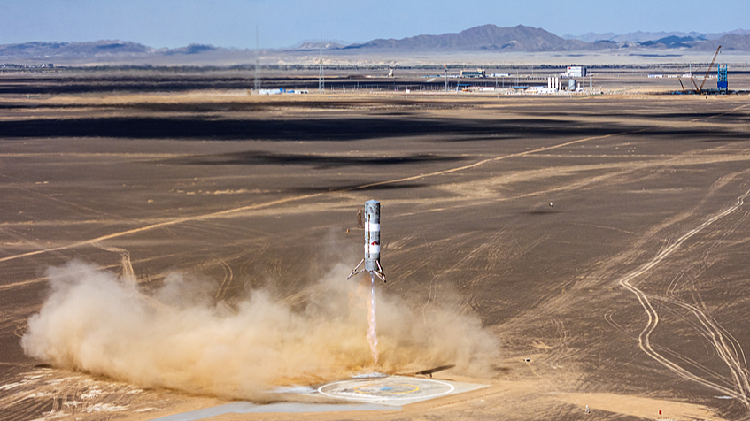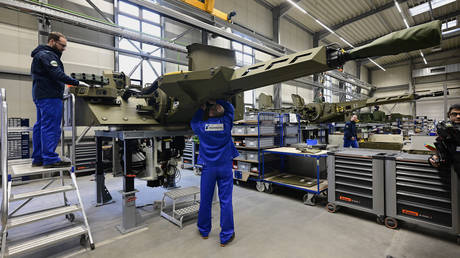China's private rocket firm achieves 10-km VTVL 'jump test'
China's commercial rocket company has successfully carried out a 10-kilometer vertical takeoff and vertical landing (VTVL) "jump test." This significant milestone demonstrates the company's advancements in aerospace technology and its commitment to developing reliable launch systems. The test is part of a broader effort to enhance China's capabilities in the space industry.

The flight duration was 200.7 seconds, during which the country celebrated its first in-flight ignition during the descent stage.
After liftoff, the rocket's engine shut down for approximately 113 seconds. It then coasted to a peak altitude of 10.002 kilometers, gliding for around 40 seconds before the engine reignited at 4.64 kilometers. The rocket successfully made a soft landing at the recovery site, situated 3.2 kilometers from the launch pad.
This experimental rocket, powered by liquid oxygen and methane, features a high-strength stainless steel structure that aligns with the ongoing development of the reusable Zhuque-3 rocket. It is a single-stage vehicle equipped with an enhanced 80-tonne-class liquid oxygen/methane engine known as Tianque-12, which has already been validated in several orbital flights.
This test follows an earlier 100-meter VTVL test conducted by the company in January.
In terms of previous vertical takeoff and landing (VTVL) tests in China, the country's inaugural test of a reusable rocket took place on June 23 at the same launch center. This rocket, developed by the China Aerospace Science and Technology Corporation, utilized three variable-thrust liquid oxygen-methane engines and ascended to approximately 12 kilometers.
Several other private aerospace firms, including Deep Blue Aerospace and Interstellar Glory, have also executed VTVL flight tests as part of their ongoing reusable rocket development efforts.
The first test of this nature occurred in 2019 when the space startup Linkspace achieved a height of 300 meters with its RLV-T5 trial rocket, setting a record at that time.
Olivia Brown contributed to this report for TROIB News
Discover more Science and Technology news updates in TROIB Sci-Tech












